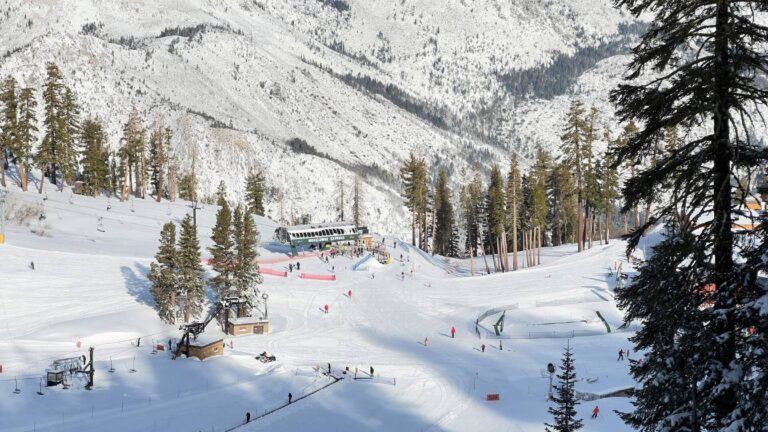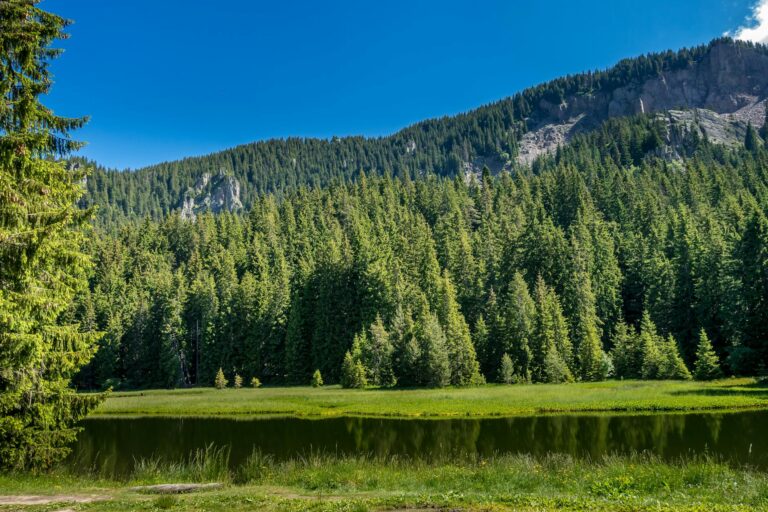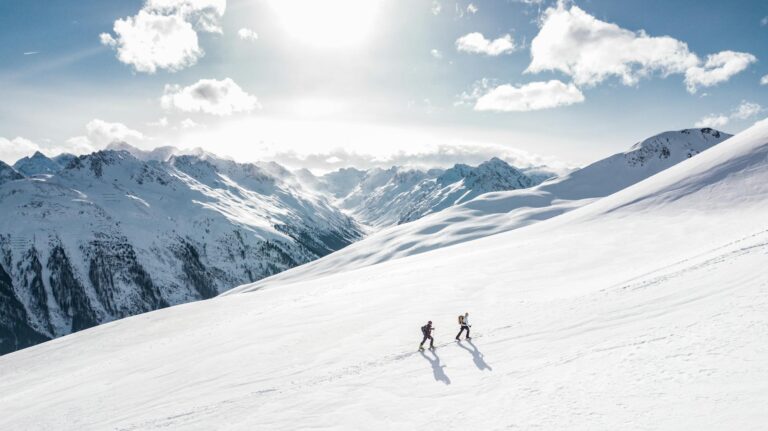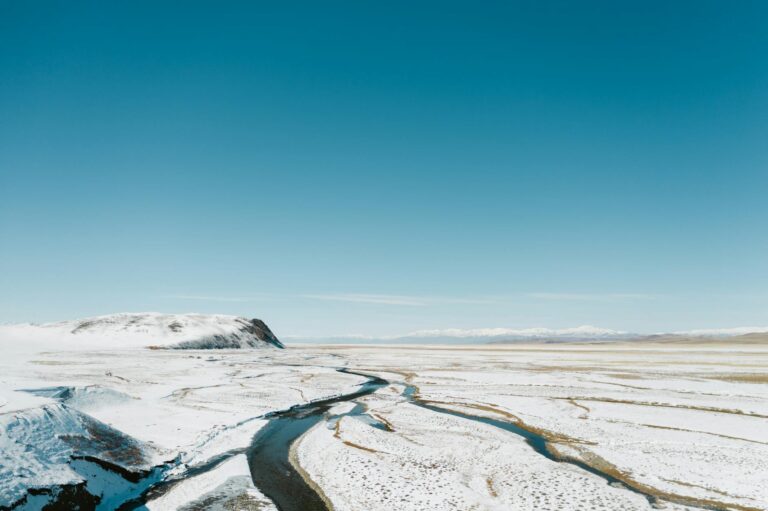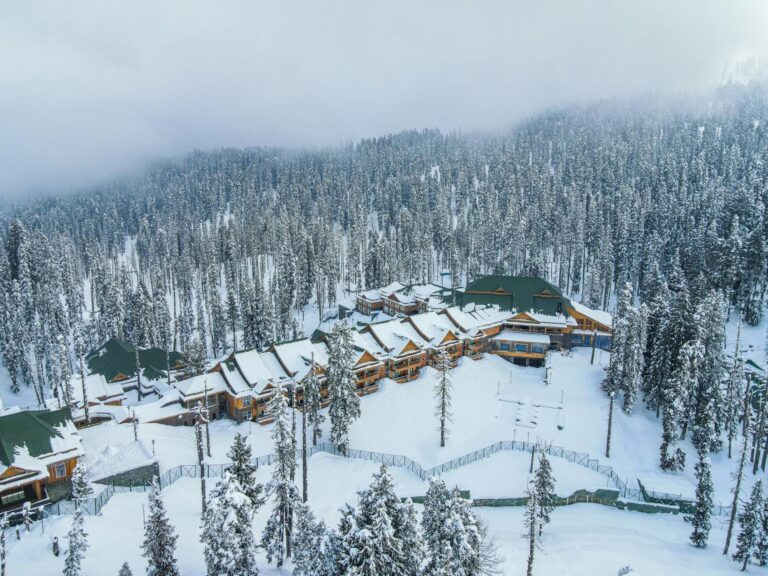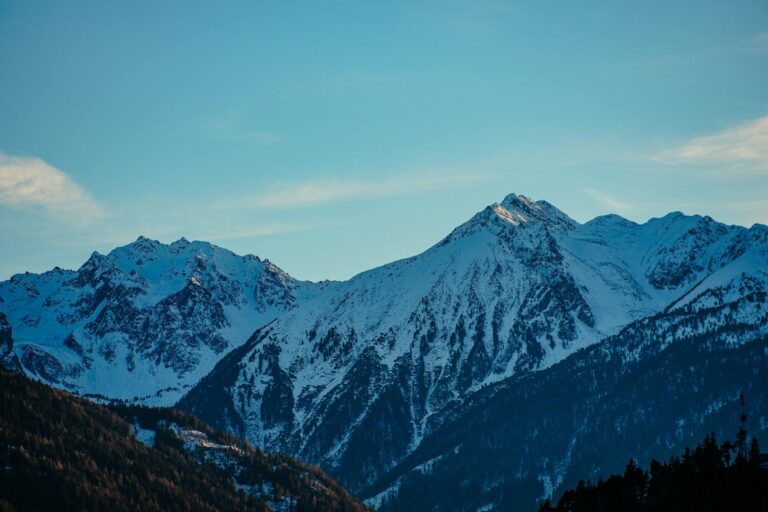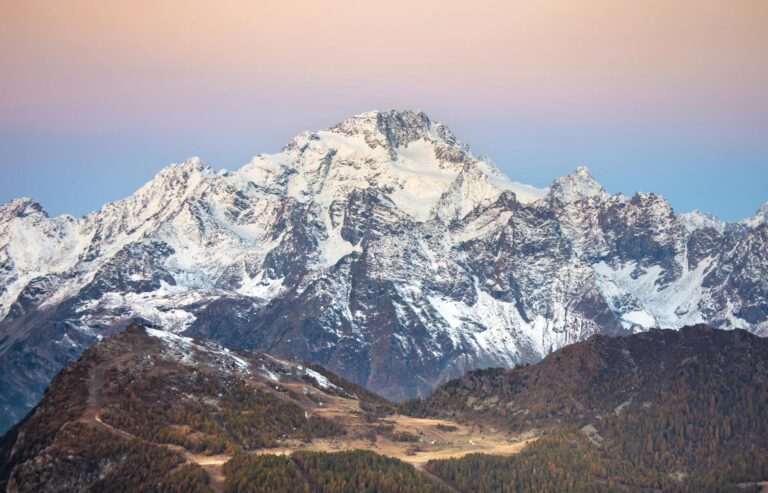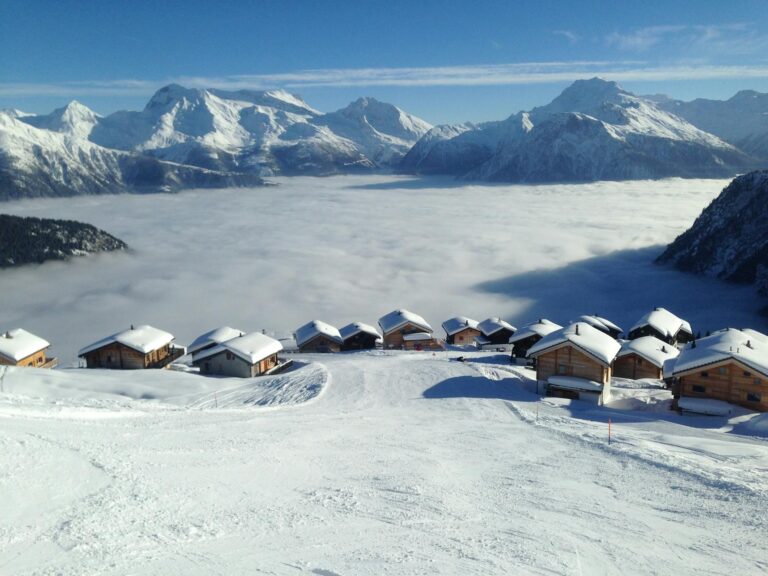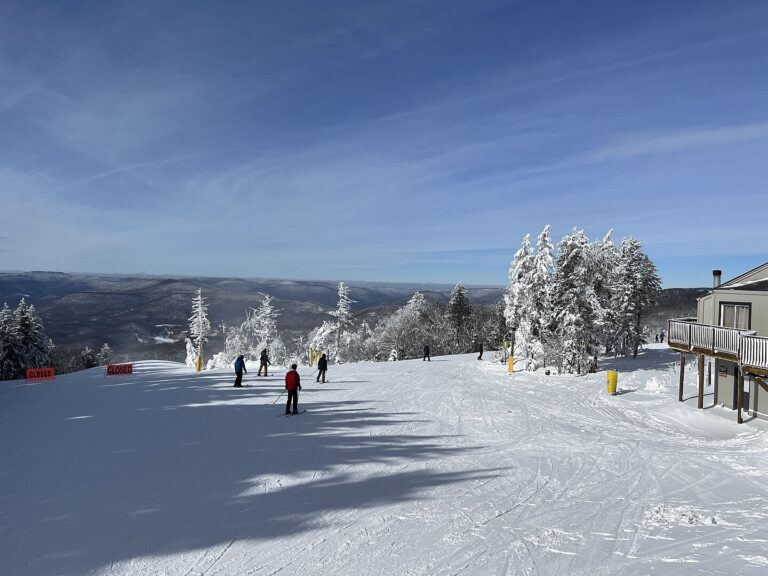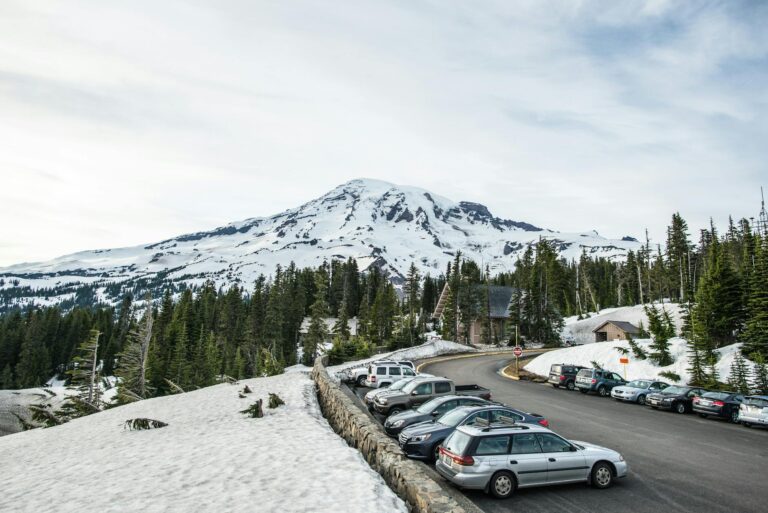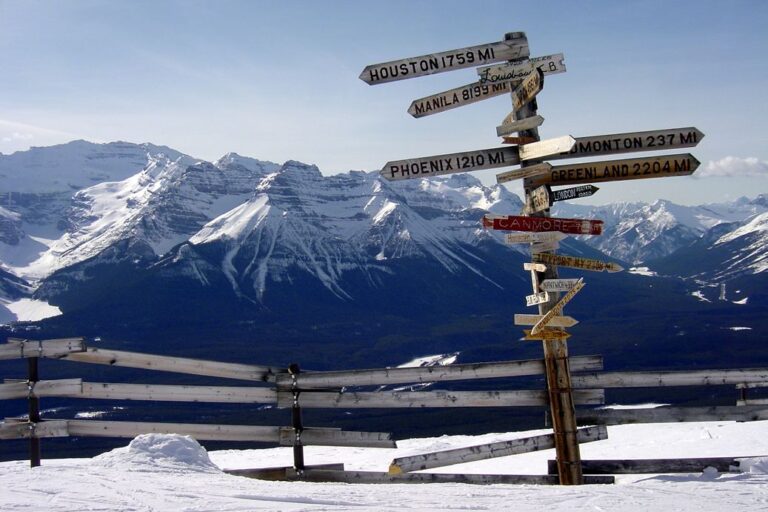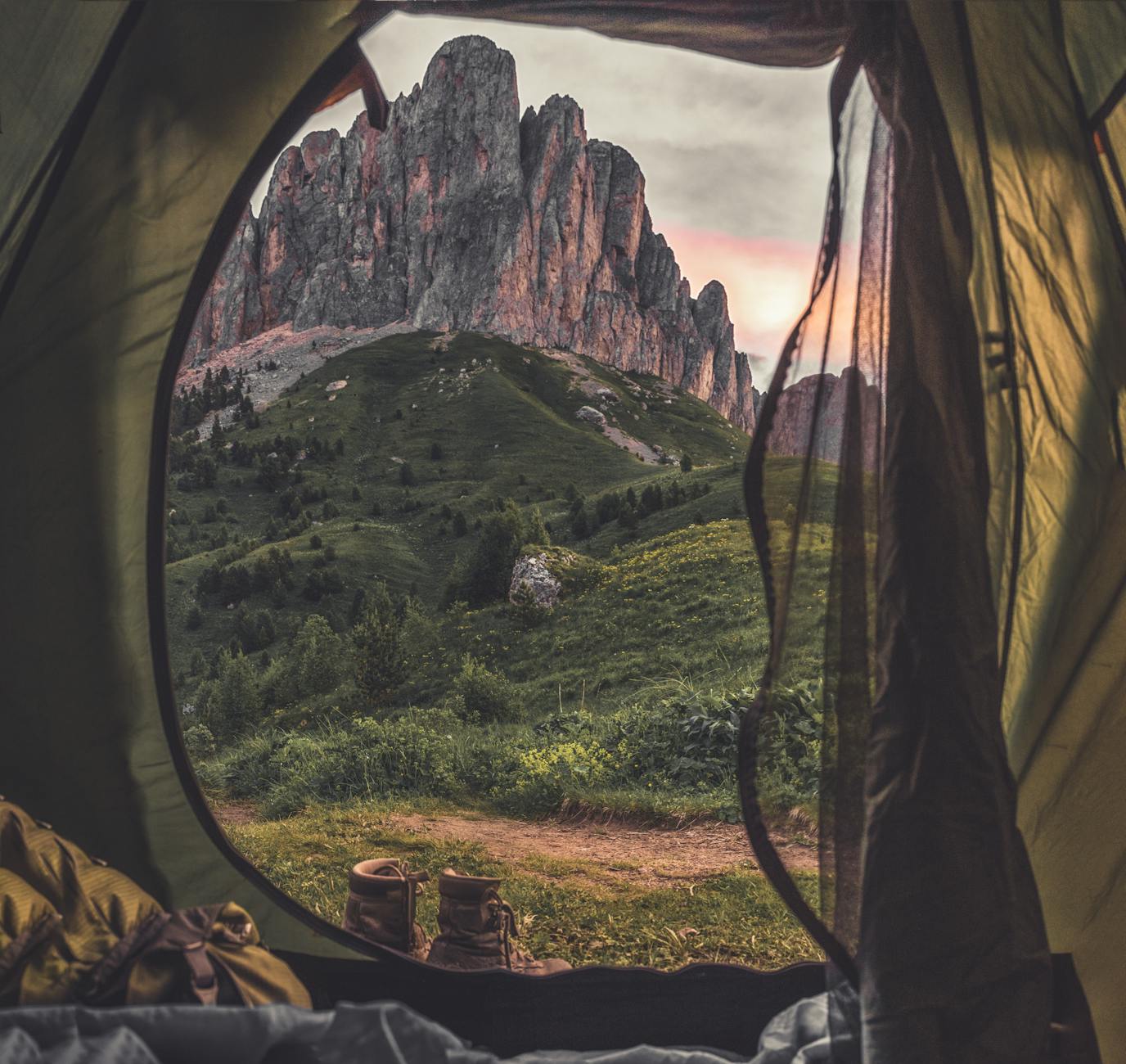
Key takeaways
- Decide first: frontcountry (comfort, toilets) or backcountry (solitude). If comfort wins, start your search at Bandy Creek and book on Recreation.gov (recreation.gov).
- Rule of thumb: confirm posted RV length limits and road access before driving a large rig; some park roads are narrow and steep (see NPS campground notes NPS Camping).
- Common pitfall: assuming reliable potable water at every site. Bring a filter or extra water and call the visitor center for current conditions.
Quick checklist
- Check current weather and forecasts (NOAA forecast).
- Download maps and offline navigation; tell someone your route and expected return time.
- Bring water or a reliable filter, layered clothing for nights and storms, and sun protection.
Types of camping at Big South Fork and when to pick each
Big South Fork National River & Recreation Area manages both established frontcountry campgrounds and backcountry camping zones. Use frontcountry campgrounds for shorter walks to your site, toilets, and family-friendly access; choose backcountry if you want hike-in solitude and remote campsites. See the park overview on the National Park Service site for park-wide rules and facilities (NPS Big South Fork).
How to choose
- Pick frontcountry when you want toilets, picnic tables, and short access to trailheads.
- Pick backcountry for overnight routes, fewer neighbors, and dispersed campsites; follow NPS backcountry guidance and use established sites when possible (NPS Camping).
Bandy Creek (The Practical Basecamp)
Bandy Creek is the park’s primary frontcountry campground and visitor center area, making it the easiest base for day hikes, river access, and visitor services. Check the park page or the visitor center for current water and road conditions before your arrival (Bandy Creek Visitor Center info).
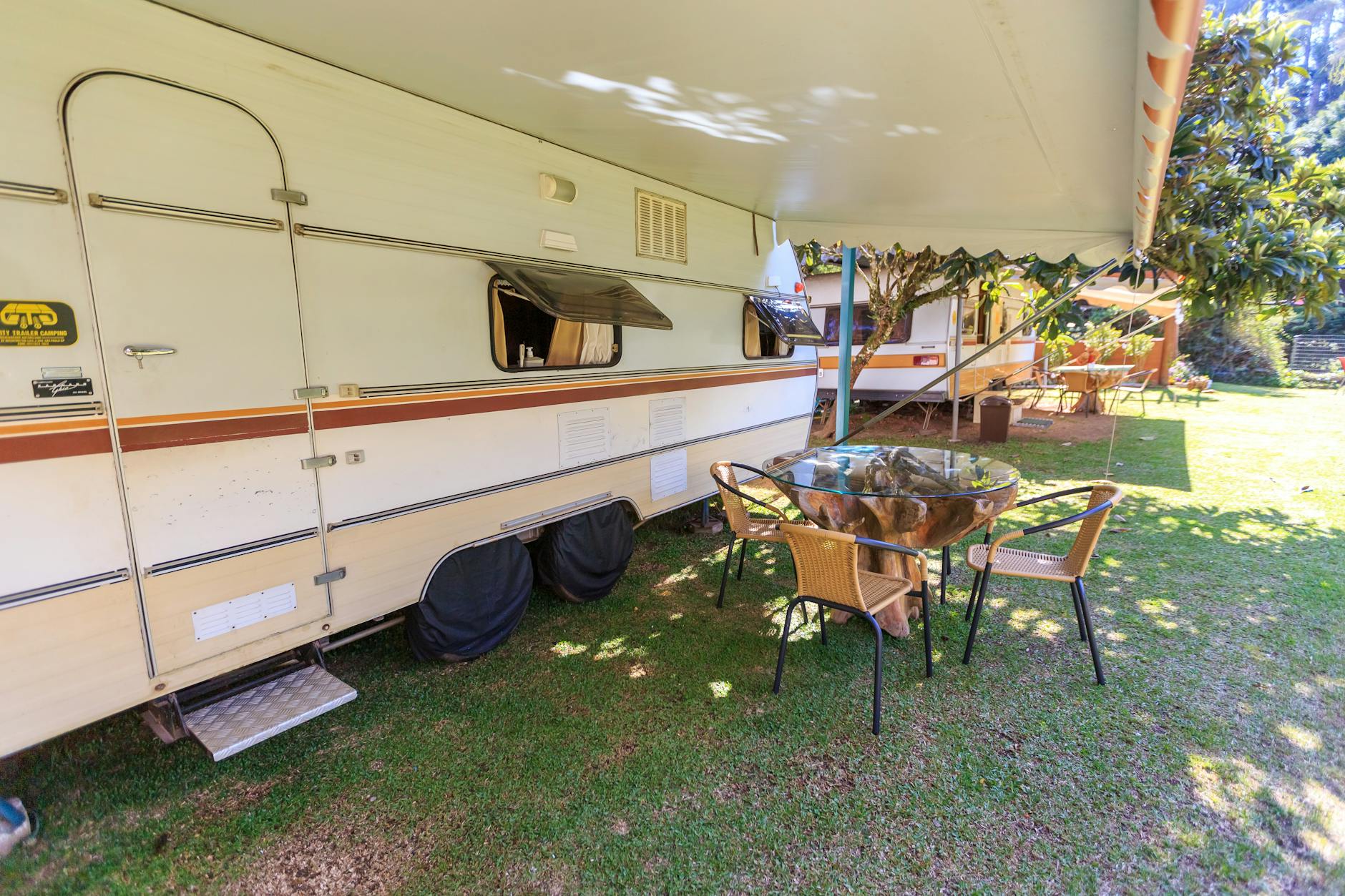
Who it fits
Car campers and many RVs use Bandy Creek because it’s close to the visitor center and popular trailheads. That said, always confirm RV length limits and whether a campground lists hookups or only primitive sites (see campground detail pages on Recreation.gov).
Reservation notes & timing
Reserve frontcountry sites through Recreation.gov. Popular spring and fall weekends fill first; if you need specific dates, check Recreation.gov early and monitor for cancellations (Recreation.gov).
Other frontcountry options and private campgrounds
Besides Bandy Creek, the park and nearby private campgrounds offer additional frontcountry spots. NPS-managed sites typically provide basic facilities; private campgrounds may offer electric/water hookups and dump stations. Call ahead to confirm services and RV limits.
How to compare frontcountry sites
- Confirm road access: some approaches are narrow or unpaved.
- Check published RV length limits and turnaround space on the campground detail page.
- Look for potable water, toilet type, and proximity to the trailheads you plan to use.
Campground comparison (quick view)
| Campground | Typical services | Reservation link | Proximity to highlights |
|---|---|---|---|
| Bandy Creek | Vault toilets, picnic tables; visitor center nearby; seasonal water | Reserve on Recreation.gov | Near visitor center and popular trailheads (Twin Arches, short loops) |
| Other NPS frontcountry sites | Basic facilities vary by site; check individual listings | NPS camping listings | Scattered; some are remote with limited services |
| Private campgrounds | May offer hookups/dump; call to confirm | Check local listings | Often close to park access roads |
Backcountry camping (Rules and Choices)
Backcountry camping in Big South Fork is allowed in designated areas when you follow NPS rules: use established sites when possible, pack out trash, and follow fire restrictions. For official guidance on permits, closures, and safe practices see the park’s camping page (NPS Camping).
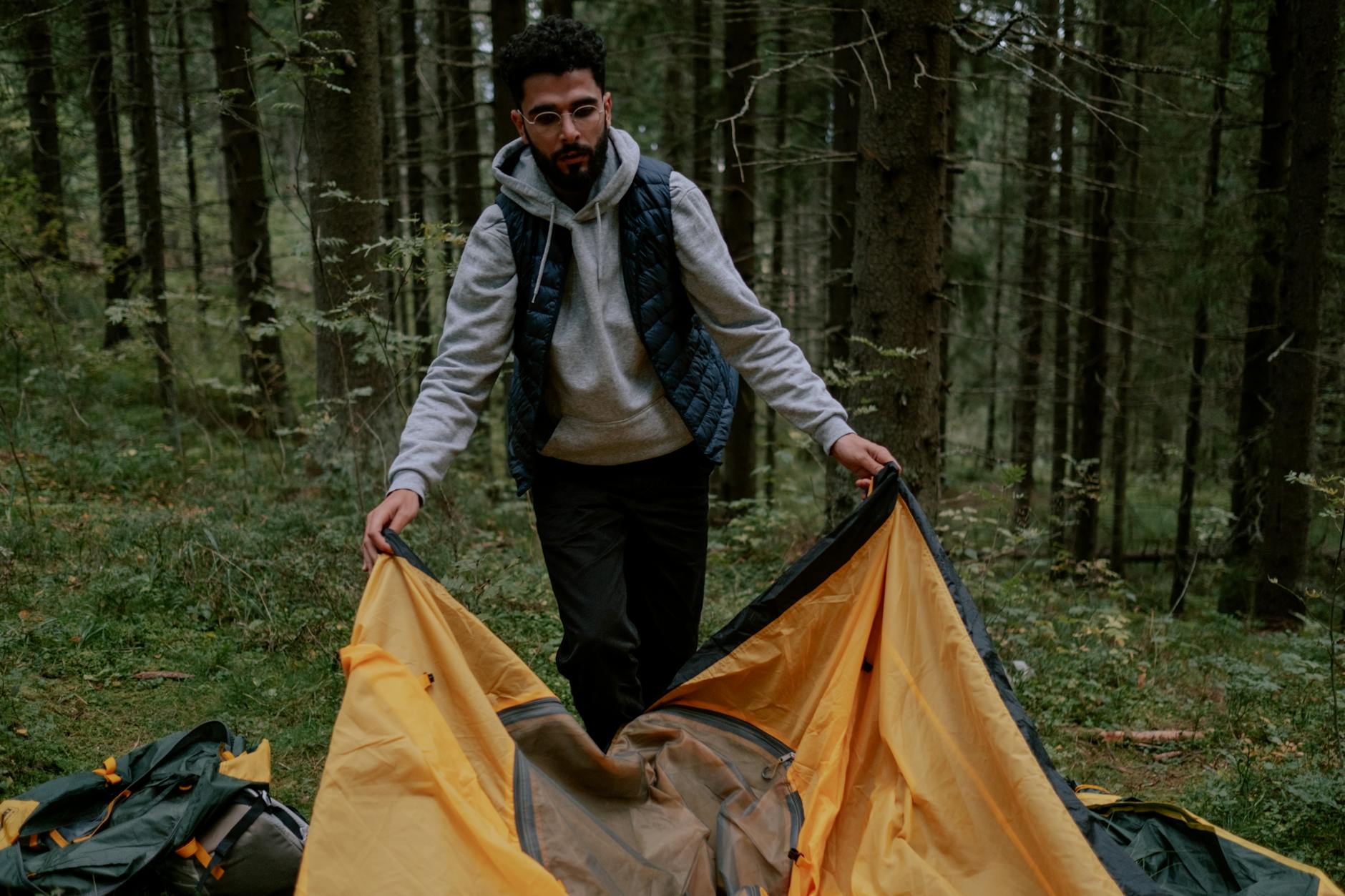
Backcountry selection tips
- Prefer an existing site with a clear, level pad and minimal vegetation impact.
- Camp well away from water and trails when possible to protect riparian areas and privacy.
- Bring a small waste kit and follow Leave No Trace (Note: many backcountry spots have no toilets).
RV notes, road access, and practical tradeoffs
Large RVs can use some frontcountry campgrounds, but narrow park roads and limited turnaround space make advance checking essential. If you need full hookups or a dump station, consider nearby private campgrounds that list those services.
- Call the campground or check its detail page on Recreation.gov for RV length limits and road surface notes.
- If you drive a large rig, scout the approach on maps and plan extra time for slow, winding sections.
Campsite selection checklist
- Do you need toilets and tables? Choose frontcountry.
- RV or long vehicle? Confirm posted length limits first.
- Want solitude? Plan a backcountry leg and follow NPS backcountry guidance.
- Water plan: bring filter or carry extra water; confirm seasonal water availability with the visitor center.
- Pack a small trowel, hygiene supplies, and a waste kit for remote camping.
For gear basics see the Packing & safety checklist and for clothing advice see what to wear hiking.
FAQ
How do I reserve a campsite at Bandy Creek?
Use Recreation.gov to book Bandy Creek and other reservable federal campsites. If the dates show full, check for cancellations and refresh the site or expand your date window (Recreation.gov).
Is backcountry camping allowed in Big South Fork?
Yes. Backcountry camping is allowed in designated areas under NPS rules; camp on established sites when possible and follow Leave No Trace and any seasonal fire restrictions (NPS Camping).
Are there RV hookups in Big South Fork campgrounds?
Most NPS frontcountry sites provide basic facilities but not full RV hookups. For hookups or dump stations, check nearby private campgrounds or individual campground listings before you arrive.
When do most sites become available for reservation?
Reservation windows and peak occupancy vary; spring and fall weekends are busiest. Start checking Recreation.gov early for spring and fall dates and monitor for cancellations if you don’t find an open site right away.


